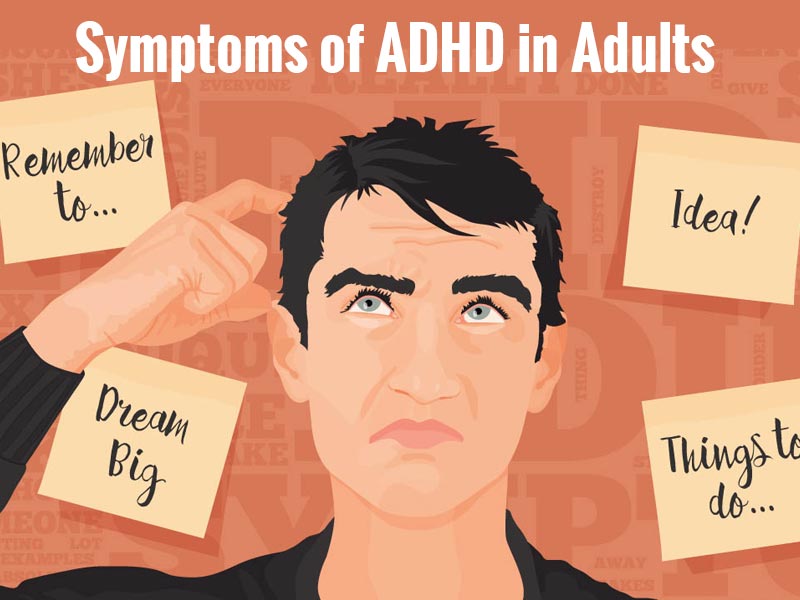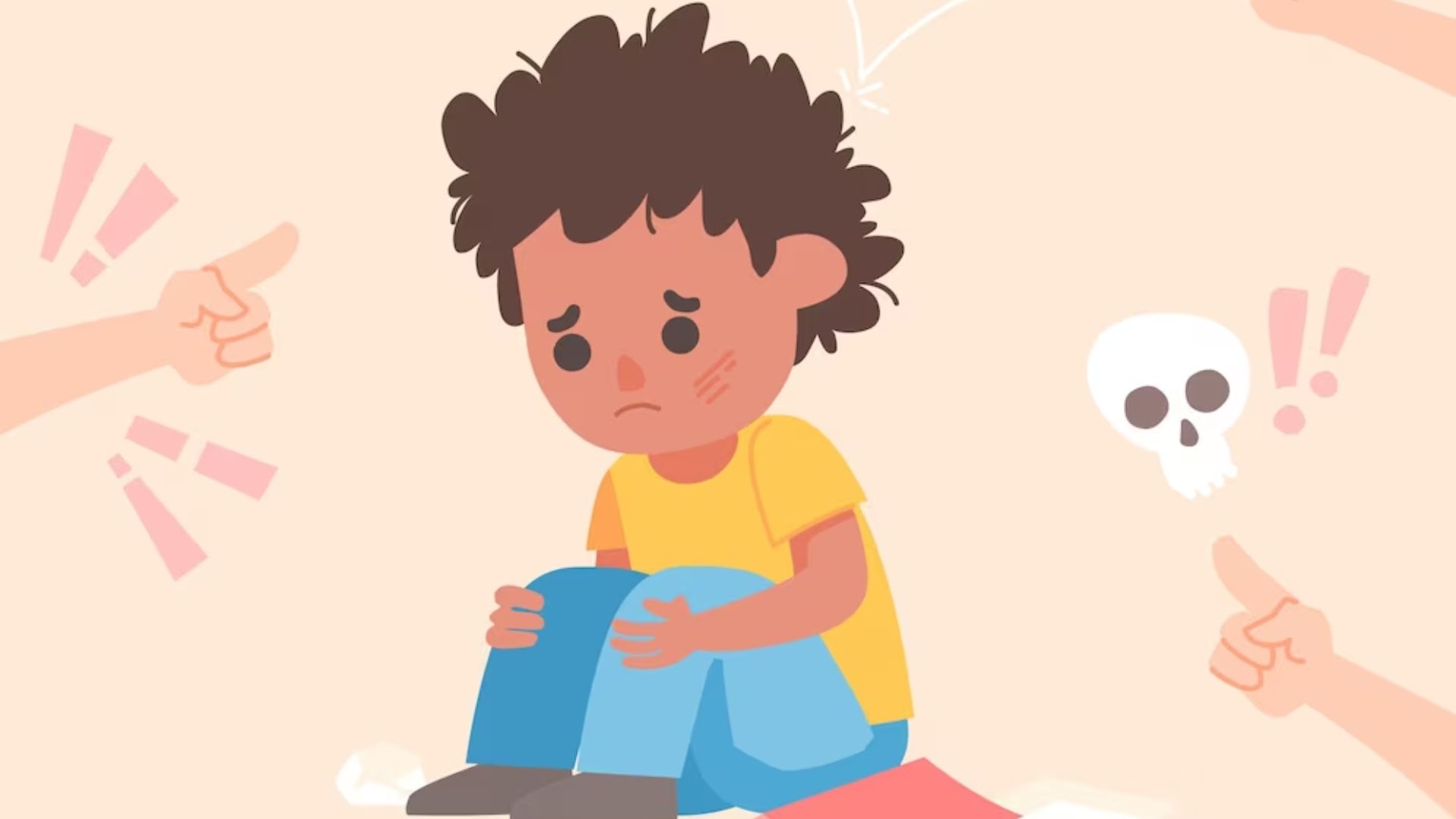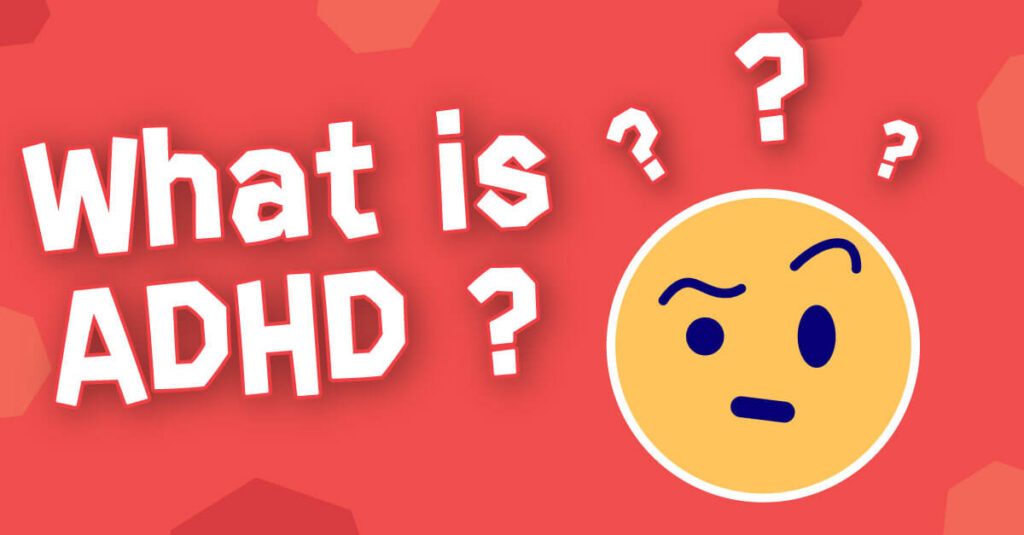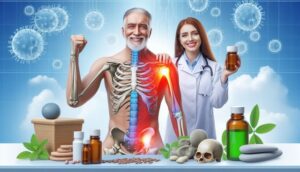Attention Deficit Hyperactivity Disorder (ADHD) is a common neurodevelopmental disorder affecting both children and adults. Characterized by patterns of inattention, hyperactivity, and impulsivity, ADHD can significantly impact daily functioning across various areas of life, including education, work, and relationships. This article provides an in-depth look into ADHD, its symptoms, causes, and available treatments, with a focus on both children and adults.
What is ADHD?
ADHD stands for Attention Deficit Hyperactivity Disorder. It affects the brain’s ability to regulate attention, behavior, and emotions. ADHD typically begins in childhood and can continue into adulthood, although the symptoms may change over time. While some individuals may outgrow certain symptoms, others experience challenges throughout their lives.
ADHD in Adults

ADHD in adults can look different from ADHD in children. Adults may have fewer symptoms of hyperactivity but continue to experience significant issues with attention, organization, and impulse control. Symptoms in adults include:
- Inattention: Procrastination, disorganization, and difficulty focusing on tasks.
- Impulsivity: Making hasty decisions, interrupting conversations, and difficulty managing time.
- Hyperactivity: Feeling restless, fidgeting, and struggling to stay seated in long meetings.
These challenges can affect career, relationships, and personal responsibilities.
ADHD Symptoms
In Children:
- Inattention:
- Easily distracted and unable to sustain focus.
- Frequent daydreaming or getting off task.
- Struggles with completing tasks or following instructions.
- Hyperactivity:
- Excessive fidgeting, squirming, or running around in inappropriate situations.
- Inability to remain seated for long periods.
- Constant movement and talking.
- Impulsivity:
- Interrupting others during conversations.
- Difficulty waiting their turn.
- Acting without considering consequences.
In Adults:
- Inattention:
- Difficulty organizing tasks.
- Poor time management.
- Frequent forgetfulness and distraction.
- Hyperactivity:
- Restlessness and difficulty staying still.
- Talking excessively during social situations.
- Impulsivity:
- Rushed decisions or actions without planning.
- Interrupting others or taking over conversations.
Causes of ADHD
ADHD is believed to result from a combination of genetic, neurological, and environmental factors. Key causes include:
- Genetics: ADHD runs in families, with a strong genetic link identified in studies. If a close family member has ADHD, it increases the likelihood of inheriting it.
- Brain Structure and Function: Research shows that individuals with ADHD may have differences in brain areas responsible for controlling attention and behavior. Some of these areas may be smaller or less active compared to those without ADHD.
- Environmental Factors: Exposure to toxins, such as lead, during pregnancy or early childhood, may increase the risk of developing ADHD. Premature birth and low birth weight are also associated with a higher likelihood of ADHD.
- Prenatal Factors: Smoking, alcohol use, and drug exposure during pregnancy have been linked to an increased risk of ADHD in children.
What Causes ADHD in the Brain?

ADHD is associated with differences in brain structure and neurotransmitter function. Neuroimaging studies reveal that people with ADHD have differences in the volume and activity of brain regions, particularly those involved in attention, planning, and impulse control. Disruptions in the dopamine and norepinephrine neurotransmitter systems also contribute to the symptoms, as these chemicals play key roles in regulating attention and behavior.
ADHD Treatment Options
Treatment for ADHD is highly individualized and can include a combination of approaches:
- Medication:
- Stimulants: Medications such as Adderall and Ritalin are commonly used to improve focus and impulse control.
- Non-stimulants: For some, non-stimulant medications like Atomoxetine are effective alternatives.
- Behavioral Therapy: Cognitive-behavioral therapy (CBT) helps individuals develop coping strategies, improve organizational skills, and manage impulsivity.
- Lifestyle Changes: Regular exercise, proper sleep, a healthy diet, and structured routines can reduce symptoms and improve functioning.
- Parental Training and Support: For children, involving parents in therapy programs can be crucial for helping them manage behavior at home and school.
What is Autism?
Autism Spectrum Disorder (ASD) is a developmental condition distinct from ADHD but can sometimes co-occur. Autism primarily affects social interaction, communication, and behavior. While both ADHD and autism involve challenges in daily functioning, they are separate diagnoses with different sets of symptoms and treatment approaches.
ADHD in Children

Children with ADHD are often diagnosed when symptoms of inattention, hyperactivity, or impulsivity become noticeable in school or home environments. These behaviors can disrupt their learning, peer relationships, and ability to follow rules. Teachers and parents may observe frequent daydreaming, difficulty following instructions, or excessive talking and movement.
Conclusion
ADHD is a complex and multifaceted disorder that affects millions of people worldwide, both children and adults. While the exact cause of ADHD is still being studied, it is clear that a combination of genetics, brain differences, and environmental factors play a role. Treatment options such as medication, therapy, and lifestyle changes can make a significant difference in the lives of those affected by ADHD, helping them manage their symptoms and improve their quality of life.
By increasing awareness and understanding of ADHD, we can reduce the stigma and ensure that individuals with the disorder receive the support and treatment they need to thrive.
FAQ
What is ADHD?
ADHD stands for Attention Deficit Hyperactivity Disorder, a neurodevelopmental disorder characterized by inattention, hyperactivity, and impulsivity.
What are the symptoms of ADHD in children?
In children, ADHD symptoms include inattention, hyperactivity, and impulsivity, such as trouble staying focused, constant movement, and difficulty waiting for their turn.
What are the symptoms of ADHD in adults?
Adults with ADHD may experience disorganization, difficulty focusing, poor time management, impulsivity, and restlessness.
How is ADHD diagnosed?
ADHD is diagnosed by a healthcare professional using a combination of behavior assessments, interviews, and observation of symptoms over time.
Is ADHD genetic?
Yes, ADHD has a strong genetic component. It often runs in families, suggesting a hereditary link.
What causes ADHD?
ADHD is caused by a combination of genetic, environmental, and neurological factors, including brain structure differences and prenatal exposure to toxins.
How does ADHD affect the brain?
ADHD affects areas of the brain responsible for attention, impulse control, and behavior regulation. There are often differences in neurotransmitter systems, particularly involving dopamine and norepinephrine.
What are the treatments for ADHD?
ADHD treatment options include medication (stimulants and non-stimulants), behavioral therapy, lifestyle changes, and support programs for parents and caregivers.
What medications are used to treat ADHD?
Stimulant medications like Adderall and Ritalin are commonly prescribed, as well as non-stimulants like Atomoxetine. These medications help with focus, impulsivity, and hyperactivity.
Is ADHD the same as autism?
No, ADHD and autism are different conditions. However, some individuals may be diagnosed with both. Autism affects social interaction and communication, while ADHD focuses on attention and impulse control.
Can ADHD be cured?
ADHD cannot be cured, but it can be effectively managed with medication, therapy, and lifestyle adjustments. Early intervention and support improve outcomes.
How is ADHD treated in children?
ADHD in children is treated with a combination of medication, behavioral therapy, parent training programs, and classroom accommodations to support their learning and behavior management.
What are the types of ADHD?
There are three types of ADHD: predominantly inattentive, predominantly hyperactive-impulsive, and combined type, which includes both inattention and hyperactivity-impulsivity.
Can adults develop ADHD later in life?
ADHD is typically diagnosed in childhood, but some adults may not receive a diagnosis until later in life when symptoms become more apparent in work or personal settings.
Can ADHD be misdiagnosed?
Yes, ADHD can sometimes be misdiagnosed, especially in cases where symptoms overlap with other conditions like anxiety, depression, or learning disabilities.
How common is ADHD?
ADHD is one of the most common neurodevelopmental disorders. It affects approximately 5-7% of children and about 4% of adults globally.
Can diet affect ADHD symptoms?
While diet alone does not cause ADHD, certain dietary changes, such as reducing sugar and artificial additives, may help manage symptoms in some individuals.
Can ADHD affect relationships?
Yes, ADHD can affect relationships by causing communication difficulties, impulsive behavior, and forgetfulness. However, with proper treatment and coping strategies, these challenges can be managed.
What are non-stimulant treatments for ADHD?
Non-stimulant medications, such as Atomoxetine, guanfacine, and clonidine, are alternative treatments for ADHD, especially for those who do not respond well to stimulant medications.
Can ADHD affect sleep?
Yes, individuals with ADHD often experience sleep disturbances, such as insomnia, restlessness, or difficulty falling asleep due to racing thoughts or hyperactivity.
What is the impact of ADHD on academic performance?
ADHD can negatively impact academic performance due to difficulties with concentration, organization, and time management, leading to poor grades or unfinished assignments.
Is ADHD overdiagnosed?
There is some debate over whether ADHD is overdiagnosed, particularly in children. However, research suggests that many cases are underdiagnosed or misdiagnosed.
Can ADHD improve with age?
For some individuals, ADHD symptoms may decrease as they age, particularly hyperactivity. However, inattention and impulsivity can persist into adulthood.
Can ADHD coexist with other mental health conditions?
Yes, ADHD often coexists with other conditions, such as anxiety, depression, and learning disabilities. These comorbidities can complicate diagnosis and treatment.
What lifestyle changes can help manage ADHD?
Lifestyle changes such as regular exercise, a healthy diet, consistent routines, and minimizing distractions can help manage ADHD symptoms alongside other treatments.
Can ADHD be treated without medication?
Yes, behavioral therapy, counseling, and lifestyle changes can help manage ADHD without medication. However, some individuals benefit most from a combination of both.
How can parents help a child with ADHD?
Parents can support their child with ADHD by creating structured routines, providing clear instructions, working closely with teachers, and seeking professional help when needed.
Can ADHD impact emotional regulation?
Yes, people with ADHD often struggle with emotional regulation, experiencing mood swings, frustration, and difficulty managing emotions in response to challenges.
What role does therapy play in treating ADHD?
Therapy, such as cognitive-behavioral therapy (CBT), helps individuals with ADHD develop coping strategies, improve organizational skills, and manage impulsive behavior.
What should teachers know about ADHD?
Teachers should understand that ADHD can impact a student’s attention, organization, and behavior. Providing structured lessons, clear instructions, and accommodations can help ADHD students succeed.
Can exercise help reduce ADHD symptoms?
Yes, regular physical activity can help manage ADHD symptoms by boosting concentration, reducing hyperactivity, and improving mood and sleep.
Are there any natural remedies for ADHD?
Some natural remedies, such as omega-3 supplements, mindfulness, and dietary changes, may help manage ADHD symptoms. However, they should be used alongside traditional treatments.
How can adults manage ADHD at work?
Adults with ADHD can manage symptoms at work by using time management tools, setting clear goals, breaking tasks into smaller steps, and minimizing distractions in the workspace.



